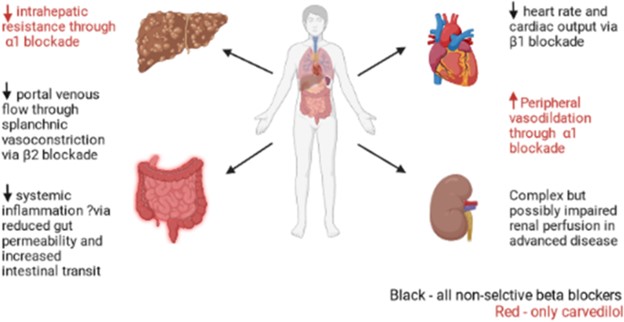A client arrives to the clinic after spending the day at the beach. She reports extreme pain and the nurse observes red skin on her face and upper body. There are no blisters present. What degree of burn has the client suffered?
First degree
Second degree
Third degree
This burn cannot be classified
The Correct Answer is A
Choice A Reason: This is correct because first degree burns are superficial burns that affect only the outer layer of the skin, called the epidermis. First degree burns cause redness, pain, and mild swelling, but no blisters or scarring. They usually heal within a week.
Choice B Reason: This is incorrect because second degree burns are partial thickness burns that affect both the epidermis and the underlying layer of the skin, called the dermis. Second degree burns cause blisters, severe pain, and possible infection. They may take several weeks to heal and may leave scars.
Choice C Reason: This is incorrect because third degree burns are full thickness burns that destroy all layers of the skin and may damage the underlying tissues, such as muscles, nerves, or bones. Third degree burns cause charred or white skin, numbness, and shock. They require skin grafting and may cause permanent disability or death.
Choice D Reason: This is incorrect because this burn can be classified according to the depth and extent of the skin damage. The classification of burns helps to determine the appropriate treatment and prognosis for the client.
Nursing Test Bank
Naxlex Comprehensive Predictor Exams
Related Questions
Correct Answer is ["A","B","C","D"]
Explanation
Choice A Reason: A distended bladder is one of the most common triggers of autonomic dysreflexia, which is a life-threatening condition that occurs in clients with spinal cord injuries above T-6. The bladder becomes overfilled and stimulates the sympathetic nervous system, causing vasoconstriction and hypertension.
Choice B Reason: A severe headache is one of the most common symptoms of autonomic dysreflexia, caused by the increased blood pressure in the brain. The headache may be accompanied by blurred vision, sweating, flushing, or anxiety.
Choice C Reason: An elevated blood pressure is the hallmark sign of autonomic dysreflexia, which can reach dangerously high levels and cause stroke, seizure, or death. The blood pressure may rise up to 300/160 mmHg or higher.
Choice D Reason: Nasal congestion is another possible trigger of autonomic dysreflexia, as it stimulates the nasal mucosa and activates the sympathetic nervous system. Other potential triggers include bowel impaction, skin irritation, tight clothing, or temperature changes.
Correct Answer is B
Explanation
Choice A Reason: Antibiotics are not contraindicated for a client with glaucoma and asthma, as they can treat or prevent infections that may affect the eye or the respiratory system.
Choice B Reason: This is the correct answer because non-selective beta blockers are contraindicated for a client with glaucoma and asthma, as they can reduce intraocular pressure but also cause bronchoconstriction and exacerbate asthma symptoms.
Choice C Reason: NSAIDs are not contraindicated for a client with glaucoma and asthma, as they can reduce inflammation and pain that may affect the eye or the respiratory system.
Choice D Reason: Anticoagulants are not contraindicated for a client with glaucoma and asthma, as they can prevent or treat thromboembolic events that may affect the eye or the respiratory system.

Whether you are a student looking to ace your exams or a practicing nurse seeking to enhance your expertise , our nursing education contents will empower you with the confidence and competence to make a difference in the lives of patients and become a respected leader in the healthcare field.
Visit Naxlex, invest in your future and unlock endless possibilities with our unparalleled nursing education contents today
Report Wrong Answer on the Current Question
Do you disagree with the answer? If yes, what is your expected answer? Explain.
Kindly be descriptive with the issue you are facing.
